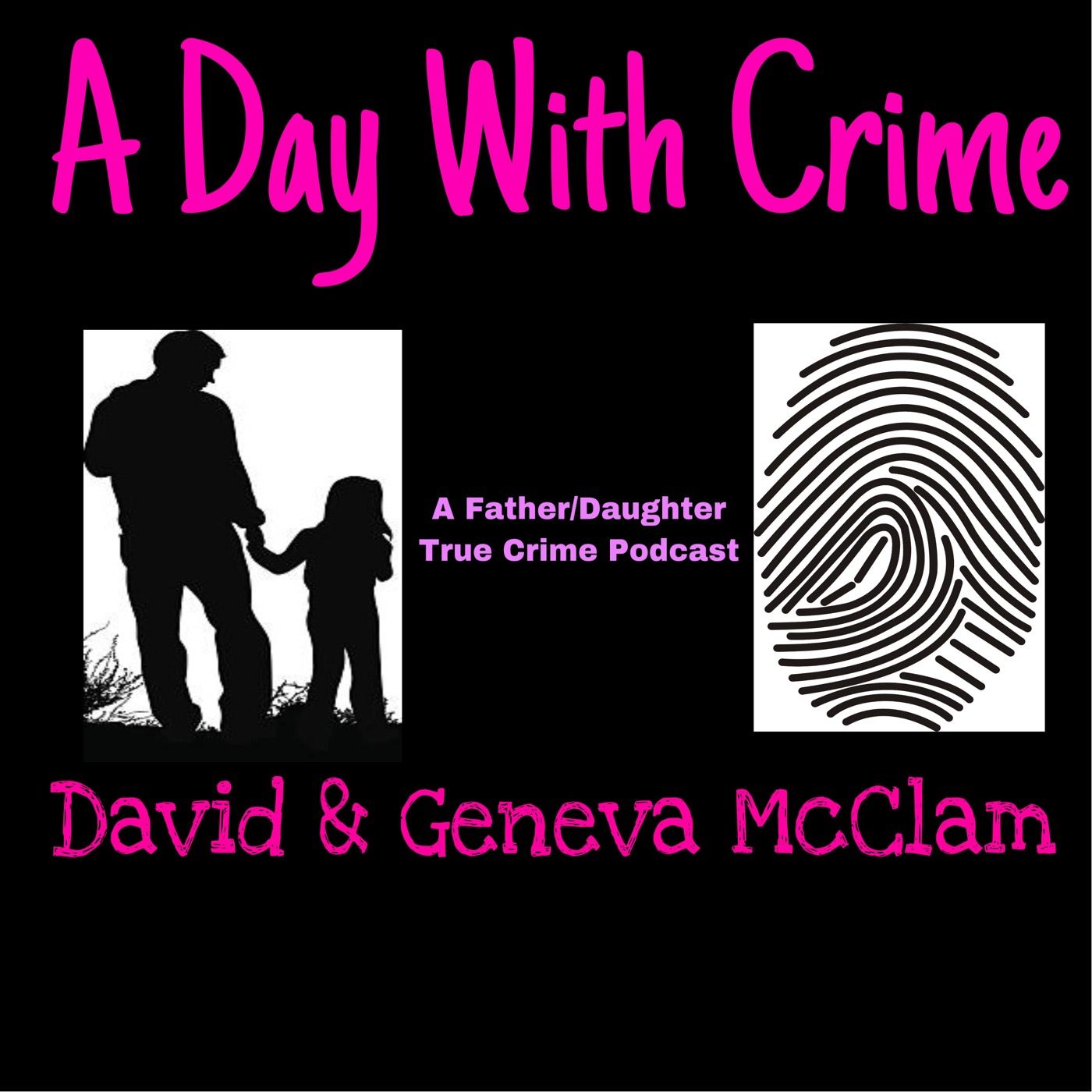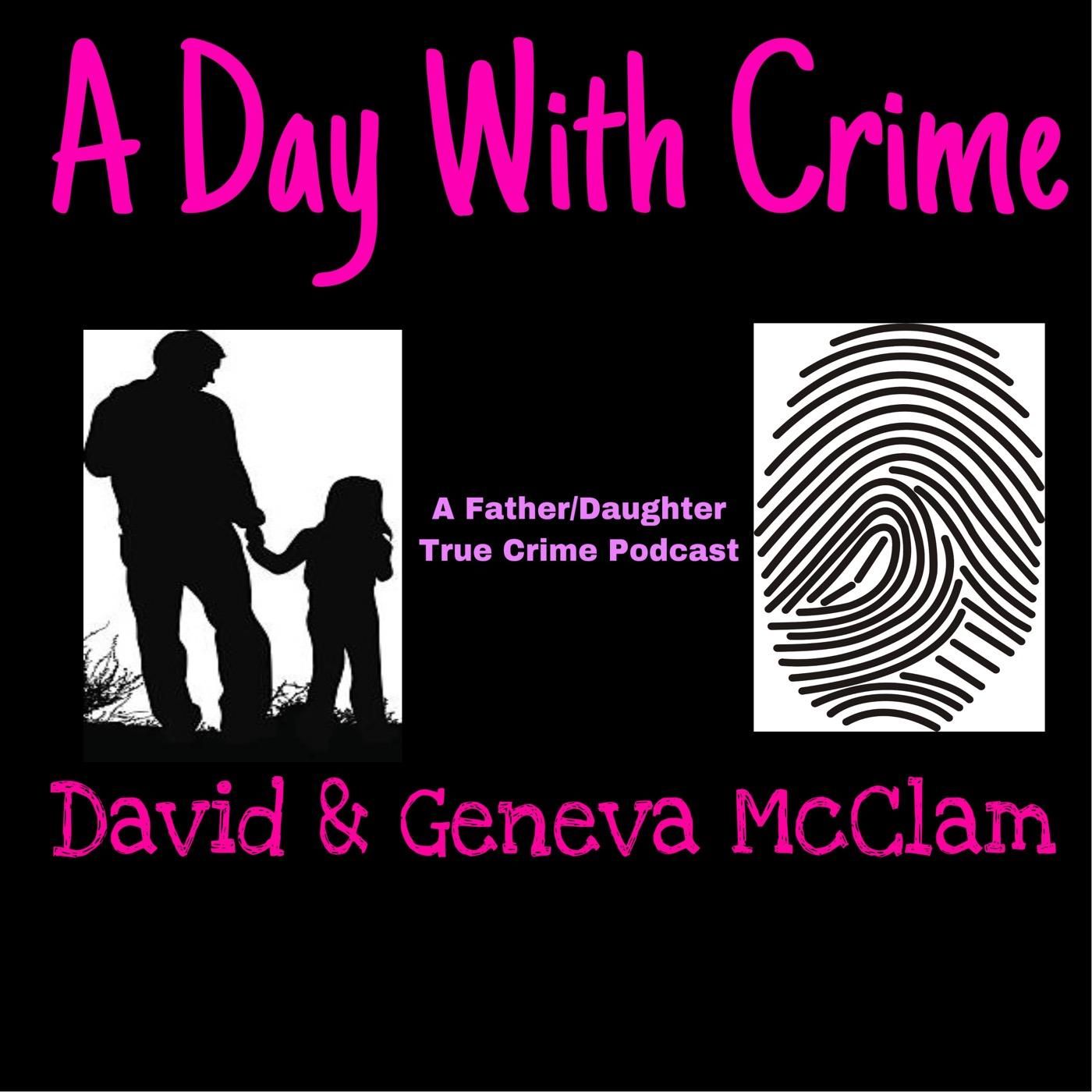Black HIstory fsct #26: Phyllis Wheatley

Despite Phyllis Wheatley’s fame, we know surprisingly little about her early life. She was taken from her home in Africa when she was seven or eight, and sold to the Wheatley family in Boston.
The family taught her to read and write, and...
Despite Phyllis Wheatley’s fame, we know surprisingly little about her early life. She was taken from her home in Africa when she was seven or eight, and sold to the Wheatley family in Boston.
The family taught her to read and write, and encouraged her to write poetry as soon as they witnessed her talent for it. In 1773, Phyllis published her first poem, making her the first African American to be published. She was only 12 at the time.
Her work was praised by high-ranking members of society, including, perhaps most notably, George Washington. Her writing made her famous throughout the colonies. Not long after her poems were first published, the family that owned Wheatley emancipated her.
Unfortunately, her life took a turn from there, especially after the deaths of many of the Wheatleys who had helped support her. She was stricken with poverty. The fame she earned from her writing did little to sustain her husband and children. She fell ill and died at the age of 31.
PHYLLIS WHEATLEY
https://en.wikipedia.org/wiki/Phillis_Wheatley
Don’t commit any crimes our there…So you DON’T end up on our podcast!
What's going on, everybody. Welcome to another episode of a day with crime, black history fact edition. Of course I am your man, David. Let's jump in.
We're going to talk about the first female African American author who was published. And that is the incredible Phyllis Wheatley. Phyllis Wheatley was only 12 when she became the first female African American author published despite Phillis Wheatley's fame. We know surprisingly little about her early.
She [00:01:00] was taken from her home in Africa when she was seven or eight and sold to the Wheatley family in Boston, the family taught her to read and write and encouraged her to write poetry. As soon as they witnessed her teller for it in 1773, Phyllis published her first poem, making her the first African American to be published.
She was only 12 at the time. Her work was praised by high Reiki members of society, including perhaps most notably George Washington. Her writing made her famous throughout the colonies. Not long after her poems were first published. The family that owned really emancipated her. Unfortunately, her life took a turn from there, especially after the deaths of many of the weeklies who had helped support her.
She was stricken with poverty. The fame she earned from her writing did little to sustain her husband and children. She fell ill and died at the age of 31. All right. So let's learn some more. About the [00:02:00] incredible Phillis Wheatley, Phillis Wheatley Peters was born 1753 and she died December 5th, 1784. Of course he was the first African-American author of a published book of poetry.
She was born in west Africa. She was sold into slavery at the age of seven or eight and transported to north America. She was enslaved by the Wheatley family of Boston. After she learned to read and write, they encouraged her poetry when they saw her talent. On a 1773 trip to London with her master's son seeking publication of her work.
We lead met prominent people who became patrons, the publication in London of a poems on various subjects, religious and morale on September 1st, 70, 73, or her fame, both in England and the American colony. Figures such as George Washington prays to work. And a few years later, African-American poet Jupiter Hammon praised her work in a poem of his own Wheatley was emancipated by her master [00:03:00] show, lift the publication of her book.
They soon died and she married poor grocer. John Peters lost three children and died in poverty and obscurity at the age of 30. Although the date and place of her birth are not documented scholars believe that Phyllis Wheatley was born in 1753 in west Africa. Most likely in present day Gambia or cynical, she was sold by a local chief to a visiting trader who took her to Boston and the British colony of Massachusetts on July 11th, 1761 on a slave ship called the Phyllis.
It was owned by Timothy Fitch and captain by Peter. On arrival in Boston, she was enslaved by John Wheatley or wealthy Boston merchant and Taylor who bought a young girl as a slave for his wife. Susanna John is Susannah Wheatley named her Phyllis after the ship that had transported her to America. She was given their last name a weekly as well as a common [00:04:00] custom.
If any surname was used for enslaved people, the weeklies 18 year old daughter, Mary was Phyllis's first tutor and reading. There such a thing. You also helped her. John Wheatley was known as a progressive throughout new England. His family afforded Phyllis and unprecedented education for an enslaved person.
And one unusual for a woman of any race by the age of 12, as she was reading Greek and Latin classics in their original languages, as well as difficult passages from the Bible. At the age of 14, she wrote her first poem to the university of Cambridge, Harvard in new Orleans. Recognizing her literary ability, the wheelie family supported Phyllis's education and left household labor to their other domestic enslaved workers.
The wheelies often showed off her abilities to friend and family strongly influenced by her readings of the words of Alexandra. John Milton Homer, Horace, and Virgil, Phyllis began to [00:05:00] write poetry. So I don't know how she still on this fortune, because back then it was being a slave. There's no fortunate at all, but here we are where she is actually being helped by the family who slaved her, getting an education that wasn't even known to be given to even white women back at that time and was pushed.
This is something that again is totally. Unheard of when it comes to slavery. Right? So even to the point to where Phil, this guy presidential treatment over the other slaves, the other slaves is doing all the work while she was getting pushed for education. So again, I'm not praising slavery at all. I'm just saying that this is very unheard of when it came to slavery and Phyllis athlete benefited at this point.
Once again, slavery is a very bad thing, but at this point, Phyllis got something that many [00:06:00] other slaves didn't I get, and that was an education in 1773 at the age of 20 Phyllis accompanied, Nathaniel Wheatley to London in part for her health, she suffered from chronic asthma, but largely because Susannah believed Phyllis would have a better chance of publishing her book of poems.
She had an audience with Frederick bull, the Lord mayor of London and other significant members of broader society audience with king George. The third was arranged, but fillers returned to Boston before it could take place. So Lena Hastings, counters of hunting, Diane became interested in the talented young African woman and subsidized the publication that we at least volumes of poems, which appeared in London in the summer of 1773, as Hastings was ill.
She and Phyllis never met. After her book was published by November 17th, 73, but we at least emancipated Phyllis or former enslavers Susanna died in the spring of 1774. And John in [00:07:00] 1778, shortly after we met and married John Peters or free black grocer, they lived in poor conditions and two of their babies died.
John was in providing, it was imprisoned for debt in 1784. With a sickly infant son to provide for Phyllis became a school area, made at a boarding house, works. She had not done before she died on December 5th, 1784 at the age of 31. Her infant son died soon after. So again, that kind of shows you that they really took interest in her education.
She became a skull area made and did not even know how. To do the work, which most slaves would have known because, well, that's what they did back then, besides every the thing that they were told to do, they cleaned the houses and did all the laundry and made everything the way it was supposed to be scullery made.
By the way is basically the [00:08:00] lawyer's ranked. Um, often the youngest of female domestic servants, they usually acted as assistance to a kitchen mate. In case people didn't know what that was. All right. So it feels, really wrote a letter to Reverend Sampson, Arkham commending him on his ideas and beliefs stating that enslaved people should be given their natural born rights in America.
Wheelie also exchanged letters with the British philanthropists, John Forton, who discussed weekly and her poetry and correspondence with John Newton, along with her poetry, she was able to express her thoughts, comments, and concerns to other. It's 1775. She sent a copy of a poem entitled to his excellency, George Washington, to the thin military general, the following year, Washington invited Wheatley to visit him at his headquarters in Cambridge, Massachusetts, which he did in March of 1776.
Thomas Paine. We published the poem in the Pennsylvania Gazette [00:09:00] in April of 1776. It's 1779 weekly issue the proposal for a second volume of poems, but was unable to publish it because she had lost her patrons. After her emancipation publication of books was often based on gaining subscriptions for guaranteed sales beforehand.
The American revolutionary war, which took place in 1775 to 1783 was also a factor. However, some of her poems that were to be included in the second. Well, they were published and pamphlets and newsletters in 1768. We Lee wrote to the King's most excellent majesty in which he praise king George. The third for appealing the stamp act as the American revolution, gang strength.
We at least writing turned to themes. The express ideas of the rebellious colonists in 1770 Wheatley wrote a poetic tribute to the evangelist, George White. Her portrait express Christian themes [00:10:00] in many poems are dedicated to famous figures over one-third consist of elegies the remainder being on religious classical and abstract themes.
She seldom referred to her own life in her poems. One example of a poem on slavery is on being brought from Africa to America. Here's what the poem said. Tos mercy brought me from my pagan. I taught my benighted soul to understand that there is a God that there's a savior too. Once I redemption neither sought nor new some view I'll Sable race was scoring four.
I, their color is a diabetic die. Remember Christians Negros black blackest cane may be refined and joined this angelic train. Many colleges found it difficult to believe that an African slave was writing excellent points. Willie had to defend her authorship of her portrait in court in 1772, [00:11:00] she was examined by a group of Boston luminaries, including John Irving, Reverend Charles Chauncy, John Hancock, Thomas Hutchinson, the governor of Massachusetts and his Lieutenant governor Andrew Oliver.
They concluded, she had written the poems ascribed to her and signed in at a station, which was included in the preface of her book of collected. Poems on various subjects, religious and morale published in London in 1773, publishers in Boston had declined to publish it, but her work was of great interest to influential people in London.
There's Selena counters of Huntington and the Earl of Dartmouth acted as patrons to help really gain publication. Her portrait received comment in the London magazine in 1773 was published as the specimen of her work, her poem, him to the morning and said, These poems has play. No astonishing works of genius, but when we consider them as the productions of a young untutored, African who wrote [00:12:00] them after six months, careful study of the English language, we cannot suppress our admiration for talents.
So vigorous and lively unquote poems on various subjects, religious and morale was printed in 11 additions until 1860. And in 1778, the African-American poor Jupiter Heron wrote an ode to weekly and addressed to Ms. Phyllis Wheatley. His master Lloyd had temporarily moved with his slaves to Hartford, Connecticut during the revolutionary war.
Haman thought that weekly had to come to what he believed were pagan influences in her writing. And so his address consisted of 21 arraignment quadrant. Each accompanied by bio-related Bible verse that he thought would compel Wheatley to return to a Christian path in life in 1838 Boston-based publisher and abolitionists, Isaac NAB polars, a collection of wheelies poetry.
Along with that enslaved North Carolina, port George, Moses [00:13:00] Horton under the title memoir and poems of Phillis Wheatley, a native African, and slave also pawns by slick. We at least memoir will earlier published at 1834 by Gow light, but did not include pawns by Horton, Thomas Jefferson and his book notes on the state of Virginia was unwilling to acknowledge the value of her work or the work of any black poet.
He wrote. Misery is often the parent of the laws affecting touches in poetry among the black is measuring. God knows, but no portrait, as you can see, everyone was not as accepting of Phyllis and her talent as the weeklies were even down to president Thomas Jefferson, but that did not stop her accomplishments as you guys have just heard.
So it became a her legacy. And what honors was bestowed on Phyllis Wheatley? Well, within the 1773 publication of Whitley's book poems on various social. [00:14:00] She became the most famous African on the face of the earth. Voltaire stated in a letter to a friend that Wheatley have proved that black people could write poetry.
John Paul Jones, as the film officers deliver some of his personal writings to Phyllis, the African favorite of the nine and Apollo. She was on about many of America's founding fathers, including George Washington, who wrote to her after she wrote a poem of his. That the style and manner of your poetry exhibit a striking proof of your great poetical talents credits consider her work fundamental to the genre of African American literature.
And she is honored as the first African American woman to publish a book of poetry and the first to make a living from her writing in 2002, the scholar . Listed Phillis Wheatley as one of his 100 greatest African Americans. We Lias featured [00:15:00] along the Abigail Adams and Lucy stone and the Boston women's Memorial, uh, 2003 sculpture on Commonwealth avenue in Boston, Massachusetts, and in 2012, Robert Morris university named the new building for their school of communications information sciences.
After Phyllis Wheatley, Willie Hall at UMass Boston. His name before. She has commemorated on the Boston women's heritage trail, the Phyllis Wheatley wide WCA in Washington, DC, and the Phyllis Wheatley high school in Houston, Texas. Our name for her as was the historic Phillis Wheatley school in Jensen beach, Florida.
Now the oldest building on the campus of American Legion post 1 26. Uh, branch of the Richland county library in Columbus, South Carolina was offered. The first library services to black citizens is named for her Phyllis Wheatley elementary school. New Orleans opened in 1954 and trauma, one of the [00:16:00] oldest African American neighborhoods in the U S the Phyllis Wheatley community center opened in 1920 in Greenville, South Carolina.
And in 1924 in Minneapolis, Minnesota. On July 16th, 2019 at the London site where a bell booksellers published weekly's first book in September of 1773, the unveiling took place of a commemorative blue plaque honoring her organized by the Nubian JAK community trust and black history. Walks Wheatley is a subject of a project in play by British Nigerian writer, uh, de Solanki entitled Phyllis.
Which we showcase on the Greenwich book festival in June of 2018 arts. There, you have it on their credible Phillis Wheatley, the first African American author of a published book of poetry. And see did that. At the [00:17:00] age of 12.
all right, guys that does with this. And I thank you for tuning in to yet another black history fact here. Join me tomorrow, I have another one for you.
As always need to get ahold of us, feel free to drop a line. At a day with crime@gmail.com. Also, don't forget to visit the website, www.adaywithcrime.com. It is your one stop shop for everything that is a day with crime. Alright guys, as always be safe all there and be good to yourself. and each other. And I'm going to catch you guys on the next one.






